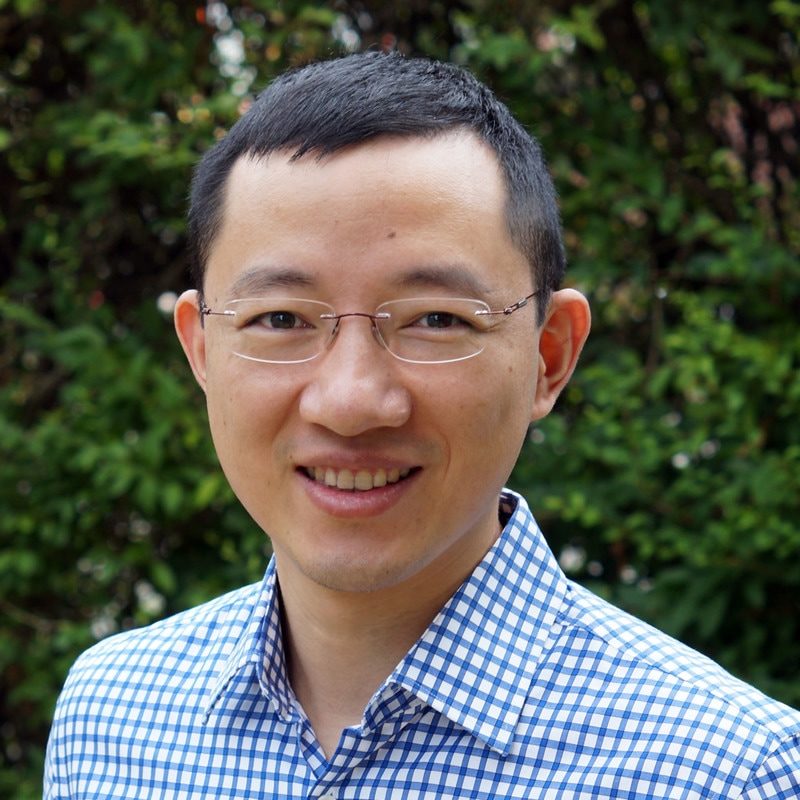
Cancer cells are like normal cells, only trickier. They carry genetic mutations that can hoodwink their surroundings to favor their growth. Using biologically inspired in vitro models, Keyue Shen, an assistant professor at USC Viterbi and principal investigator with USC Stem Cell, researches how cancer cells interact with nearby cells in order to metastasize, or spread, from one part of the body to another, crucial information for earlier intervention and higher survival rates among patients.
The ecosystem of a cancer cell is called a “tumor microenvironment,” which is Shen’s area of expertise, specifically with regard to breast cancers. In a microenvironment, cancer cells live in close quarters with a soup of other biological entities like fibroblasts, which are cells in connective tissue, immune cells, blood vessels and collagen. Cancers metastasize when these surrounding factors no longer suppress them.
“Usually with cancer cells, most people think of a very malicious cell sitting in the body like a parasite, but actually they are constantly interacting with the surrounding normal cells and matrix proteins” said Shen.
Shen described two leading events in the development of invasive breast cancer: a layer of suppressive myoepithelial cells, which are smooth, muscle-like cells, disappears around the tumor and a basement membrane, which is suppressive to tumor development, vanishes.
“When these layers disappear, [it] can initiate a lot of signaling events between cancer and normal cells,” Shen said. “This can further promote certain phenotypes or select out new genotypes in these cancer populations. Some will survive better in these environments or will become migratory, and give rise to circulating tumor cells in blood stream.”
In the lab, Shen and his research team are creating a cell culture model that mimics an early stage tumor where cancer cells are surrounded by normal cells. Since cancer cells become invasive by breaking down barriers that normal cells create around them, understanding this process is key to stopping cancer before it spreads. Using genetic and microscopy tools in the lab, Shen hopes to explore these events leading up to metastasis more in depth. Then, the cell culture model can be used as a platform to test cancer therapy drugs in early stage tumor development.
“If we can find drugs to stop those early events that cause the reciprocal interactions between cells, if we can cut out the cross-talk, then we can hopefully stop a cancer early on before it becomes malignant,” Shen said.
For his research in this area, Shen was awarded the Marni Levine Memorial Research Center Career Development Award, a three-year $150,000 research grant from the STOP CANCER foundation. Levine was a breast cancer patient who succumbed to the disease at the young age of 37.
“It’s an honor to receive this special award named after the family,” Shen said. “This association with a breast cancer patient brings a personal connection that motivates even further the mission to reach real breakthroughs.”
